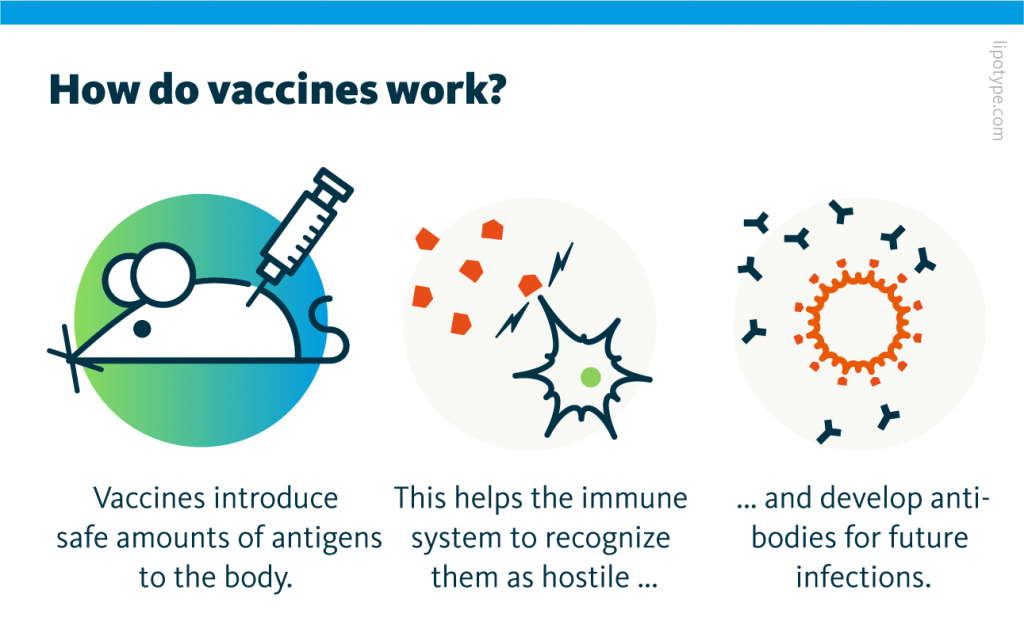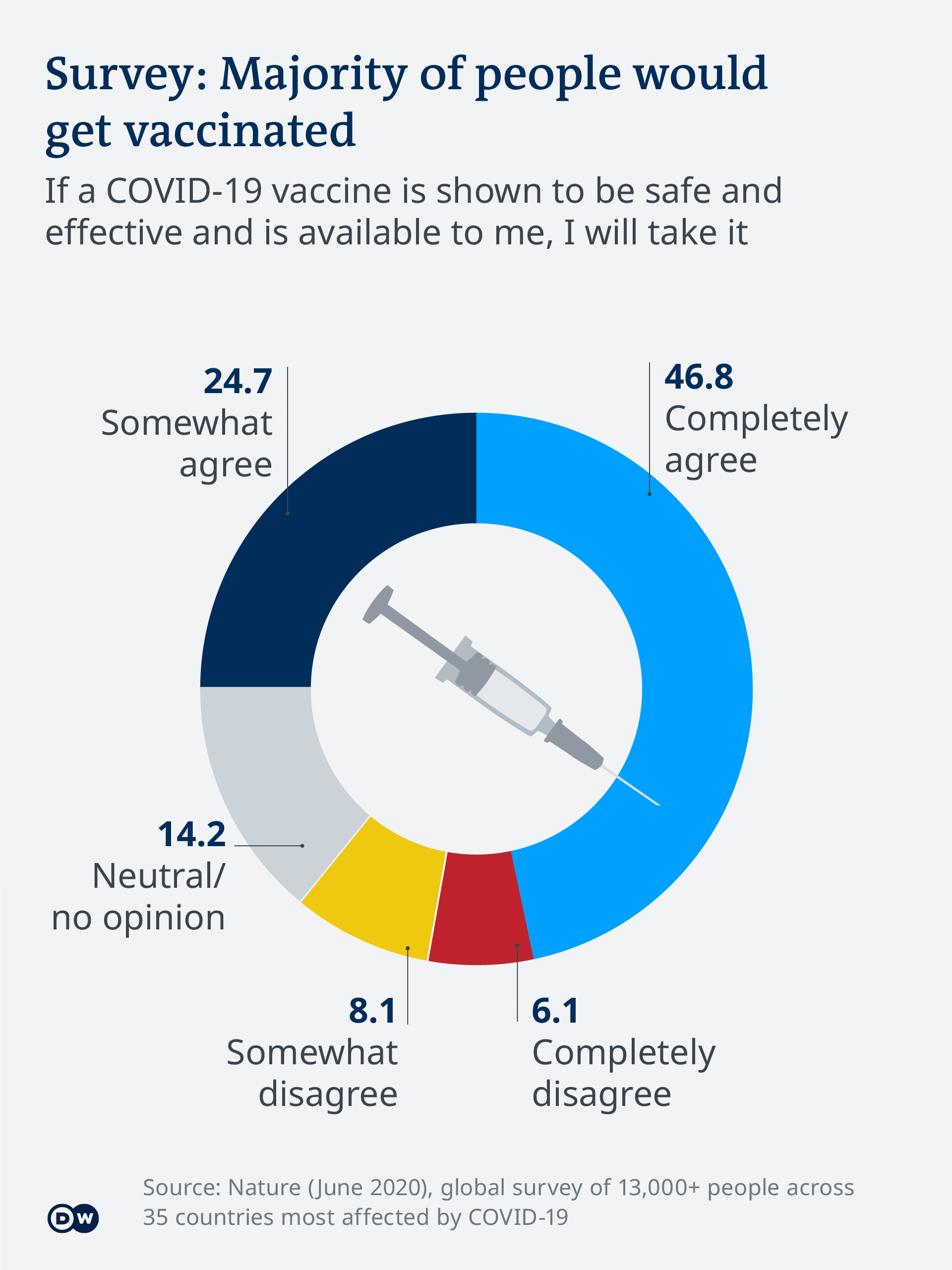This invasion called an infection is what causes illness. In the majority of cases mild or moderate disease has occurred in vaccinated individuals depending on when the exposure happened after vaccination.
 Lipid Adjuvants In Vaccines Vaccine Research Adjuvants And Lipids
Lipid Adjuvants In Vaccines Vaccine Research Adjuvants And Lipids
Blood contains red cells.

Do vaccines work after infection. It typically takes a few weeks for the body to build immunity protection against the virus that causes COVID-19 after vaccination. Thirdly vaccines are shown to prevent the disease but maybe not infection. Learn more about how COVID-19 vaccines work.
Vaccines prevent diseases that can be dangerous or even deadly. But it is still possible for a fully vaccinated person to get infected if exposed to the. In simple terms disease is showing symptoms while infection is testing positive for the virus it can be asymptomatic.
Briefly vaccines confer adaptive immunity and in conjunction with innate immunity inherent in humans the validity of using a conjoint effort of both is the hallmark against viral and other infectious illness. Vaccines can be developed for bacterial or viral infections. Sometimes after getting a vaccine the imitation infection can cause minor symptoms such as fever.
This is because the vaccine has not had enough time to provide protection. All symptoms resolved within 24 hours after the vaccine. Two doses of Pfizers shot did so by 90.
This fact sheet explains how the body fights infection and how vaccines work to protect people by producing immunity. If exposure occurs within one to three weeks right after receiving the first dose the vaccine will not be of much help in preventing the. Sometimes after getting a vaccine the imitation infection can cause minor symptoms such as fever.
Such minor symptoms are normal. When germs such as the virus that causes COVID-19 invade our bodies they attack and multiply. Vaccinated people do get infected even after getting vaccinated.
Regardless of whether the vaccine is made up of the antigen itself or the blueprint so that the body will produce the antigen this weakened version will not cause the disease in the person receiving the vaccine. My husband who also had Covid as noted received the Pfizer vaccine as well with minimal side effects sore arm and redness at injection site slight fatigue We have not gotten the second vaccine. Vaccines do work during incubation period of virus or bacteria but not after the start of diseaseevery virus or bacteria has a incubation period if a virus or bacteria gets into the body of a person then it has to replicate there up to an extent to which it can become strong enough to cause an infection these period of replication is incubation period within this period vaccine works 100 but after incubation period.
As explained here by the Centers for Disease Control and Prevention CDC vaccines are used to. The authors note that although vaccination decreased the likelihood of infection and symptomatic disease the virus still managed to infect more than a. Such minor symptoms are normal and should be expected as the body builds immunity.
Newer vaccines contain the blueprint for producing antigens rather than the antigen itself. The Immune Systemthe Bodys Defense Against Infection. However 12 hours after the vaccine shot I developed a fever of 102 chills and a headache.
That means your immune system is working as it should. This means that if the same disease is encountered again your immune system has a memory of the disease and is ready to quickly destroy it before you get sick and any symptoms can develop. No vaccine provides 100 immunity.
Some people may believe that natural immunity which occurs after a person is infected by a bacteria or virus is better than the immunity developed from vaccines. How Vaccines Work Vaccines help develop immunity by imitating an infection. This type of infection however does not cause illness but it does cause the immune system to produce T-lymphocytes and antibodies.
Like all medicines no vaccine is completely effective so you should continue to take recommended precautions to avoid infection. Vaccines greatly reduce the risk of infection by working with the bodys natural defenses to safely develop immunity to disease. And evidence is building that Pfizers and Modernas jabs both mRNA vaccines thwart infection as well in immunized people SN.
Vaccines contain weakened or inactive parts of a particular organism antigen that triggers an immune response within the body. These specific antibodies will remain in the immune system after the infection has gone. Vaccines help people develop immunity protection to a disease by safely imitating a natural infection.
Vaccines work by mimicking an infection in the body to trick the immune system into mounting a defense against itand then remembering what to. How Vaccines Work. Covid-19 vaccines are effective in preventing mild symptoms severe disease and hospitalisations.
Vaccines help develop immunity by imitating an infection. However natural infections are dangerous because they can cause severe illness and lead to serious. My symptoms were mild body aches and a sore arm 6 hours after receiving the vaccine.
To understand how COVID-19 vaccines work it helps to first look at how our bodies fight illness. These two elements of immunity have been exploited to help support human life on this planet through the advent of modern medicine. One dose of a Pfizer-BioNTech or AstraZeneca-Oxford vaccine reduced COVID-19 infections by 65 in a study.
Our immune system uses several tools to fight infection. How Vaccines Work. This type of infection however almost never causes illness but it does cause the immune system to produce T-lymphocytes and antibodies.
That means its possible a person could be infected with the virus that causes COVID-19 just before or just after vaccination and still get sick.

